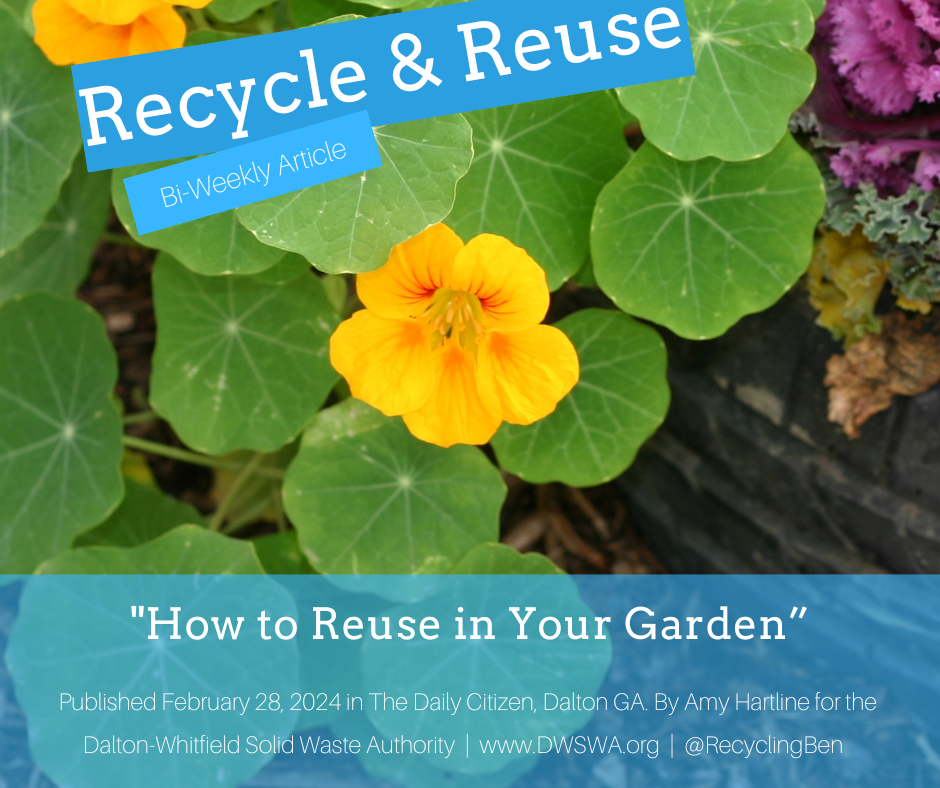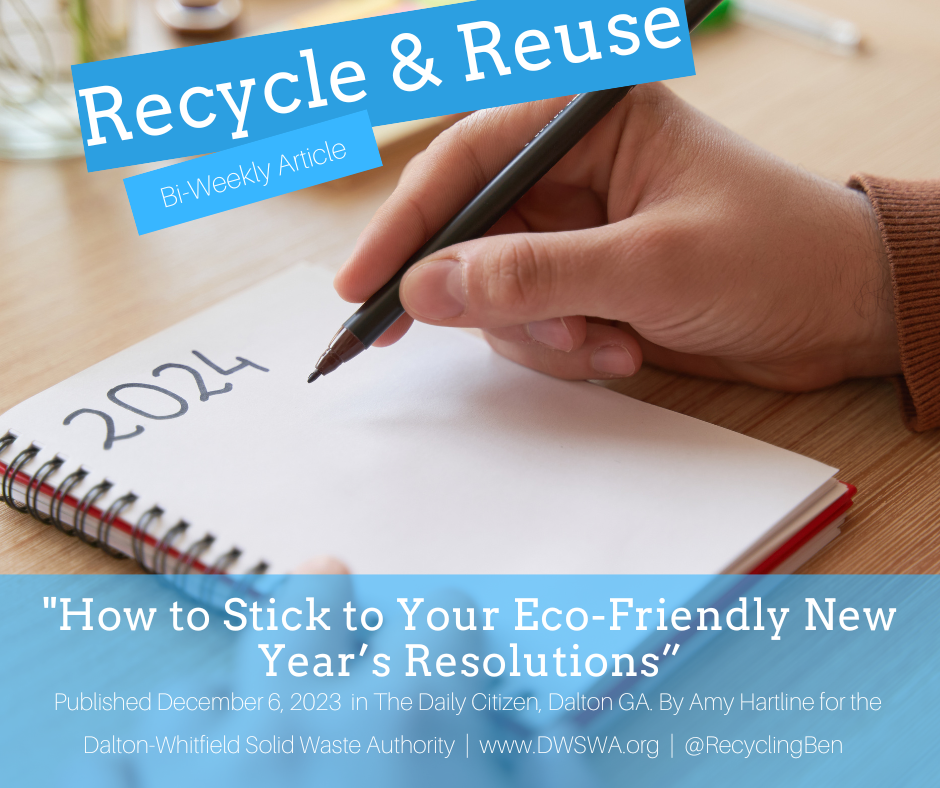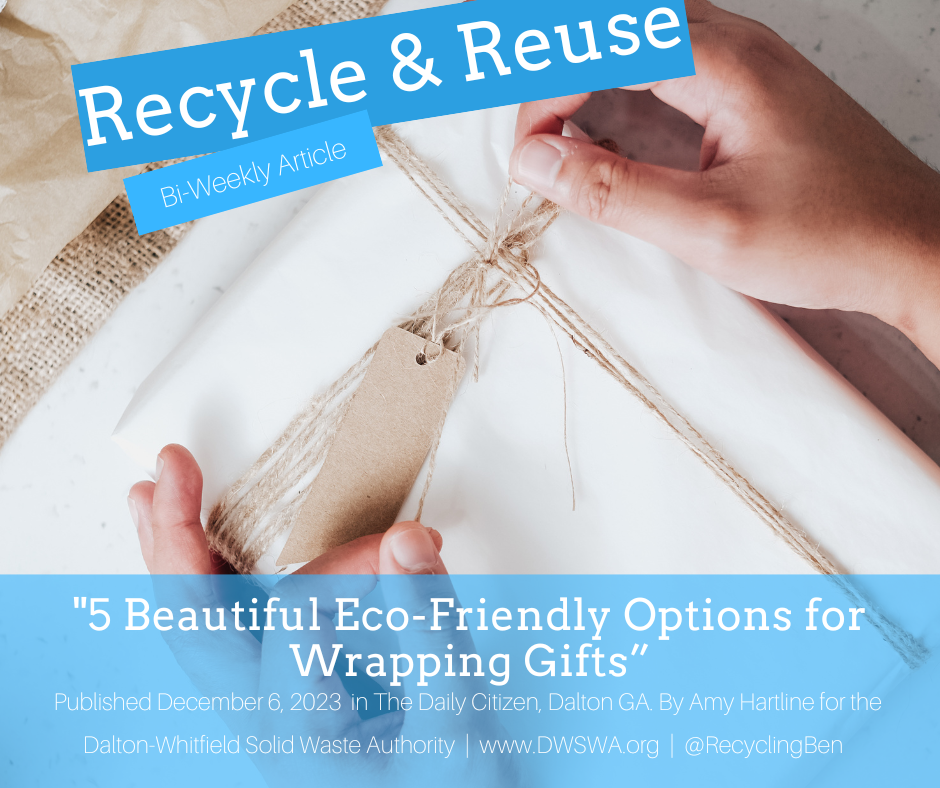Plastic Pollution Awareness Day
/Reusable water bottles or tumblers are a great solution to disposable plastic bottles.
This plastic debris washed up on a beach most likely originated on land. Plastic does not decompose like organic materials leaving plastic in the ocean to slowly breakdown over a span of years.
Hannah Testa worked with Senator Williams to proclaim February 15, 2017 Plastic Pollution Awareness Day in Georgia.
This morning, environmental activist Hannah Testa, age 14, and State Senator Michael Williams, will proclaim Plastic Pollution Awareness Day in Georgia at the State Capitol. As a resident of Georgia, I am very pleased to know that plastic pollution is getting attention at the state level thanks to the hard work of this young teen from Forsyth County. Testa, who founded the organization Hannah4Change (www.hannah4change.org), worked with Senator Williams, to develop a resolution to be passed that helps to educate Georgians about the growing health crisis of plastic pollution.
“The aim is to make residents aware of the impact that plastic pollution has on our environment,” states Testa. “Not only does plastic end up on our streets, streams, and oceans, but also affects 600 species of marine life, through ingestion and entanglement, often killing them. Scientists are finding plastic in our food chain too.”
Testa’s goal is to make citizens and businesses aware that simple shifts in our daily lives can greatly reduce the state’s plastic footprint. Hannah’s call to action is for Georgians to reduce consumption of single-use plastic products such as plastic bottles, straws, and bags on at least one day out of the year and perhaps all year long. Even though I’m not going to the capitol today, I am participating in Plastic Pollution Awareness Day by not using single-use, disposable plastic products today.
You can join this effort too with a few simple actions. For example, take a reusable water bottle or tumbler with you to avoid throwing away plastic water bottles. During lunch, refuse to use plastic drinking straws which are thrown away after a single use. And, while shopping you can opt to use reusable shopping bags instead of disposables.
Senator Williams said, “I’m very impressed by Hannah’s efforts, especially by someone of her age. By educating the public, we can help people to make informed decisions.”
“Hannah is a light of hope and is a true example to never underestimate a young person’s capability to evoke change. It’s been a pleasure to watch her blossom and grow in passion and beauty inside and out”, states Angela Sun, award-winning sportscaster, film maker, producer, writer, and environmentalist behind the documentary Plastic Paradise: The Great Pacific Garbage Patch.
Charles Orgbon III, CEO of Greening Forward, adds “Disposable plastics take a few minutes to make, a few seconds to use, and a lifetime to degrade in our landfills. Hannah's event will help us understand what we can do to create more sustainable solutions.”
According to the Plastic Pollution Coalition (www.plasticpollutioncoalition.org), “Plastic is a durable material made to last forever, yet 33 percent of it is used once and then discarded.” It’s estimated that only 8 percent of the 30 million tons of plastic a year generated by Americans is actually making it to the recycling bin. Other plastics are thrown away and end up in the landfill, or become litter that often ends up in local waterways. It’s estimated that 80 percent of all marine debris found in the ocean is land based, and that 80 to 90 percent of that debris is made from plastic.
While refusing to use a plastic drinking straw at a restaurant seems insignificant, consider that you will be just one out of thousands of people that have already made the commitment to refuse straws. According to team at The Last Plastic Straw (www.thelastplasticstraw.org) 500 million straws are used and discarded every day in the United States alone. That’s 175 billion a year filtering into landfills and littering the oceans. That’s enough straws to wrap around the Earth’s circumference two and a half times a day.
If you can’t imagine a drink without a straw try an alternative like paper straws, or even stainless steel and glass straws which are reusable. Actually, you’ll be happy to know that most plastic products have a non-plastic counterpart. And, you can buy products without plastic wrap. Some examples include stainless steel mugs for coffee, reusable cutlery to replace plastic disposables, fresh bread in paper bags not plastic, glass jars for storing pasta and grains, and even wooden hair brushes.
If you’re inspired to reduce your plastic foot-print check out Beth Terry, author of Plastic Free: How I Kicked the Plastic Habit and How You Can Too, and self-proclaimed recovering plastic addict, who provides guidance to those overwhelmed by the amount of plastic in their life at www.myplasticfreelife.com. Her top two ways to reduce plastic waste include giving up bottled water, and using reusable shopping bags.


































